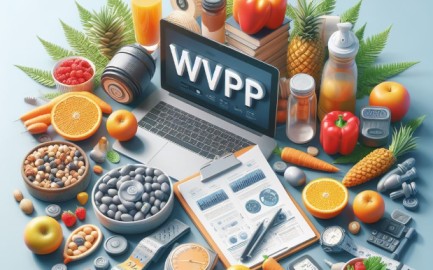3 Ways to Ensure Effective Supply Chain Management in Healthcare

Supply chain management is a key activity across the healthcare industry. It can be defined as the procurement of resources and the management of supplies together with other processes that ensure that healthcare operations can be carried out smoothly and effectively without delay.
The effects of supply chain problems were witnessed on a global scale in the healthcare sector during the recent covid-19 pandemic. As a result of the dramatically increasing need for key pieces of medical equipment, such as protective medical clothing, testing kits, and other essential supplies, there were global shortages that had a direct impact on the standard of care that could be offered by some healthcare facilities. Today, in 2022, the value of having effective supply chain management systems across the healthcare economy is widely recognized.
This article explains three key ways in which this can be achieved.
Build strong links with suppliers
It is vitally important to build strong links with key suppliers that provide products and services to the healthcare industry. The nature of healthcare is such that many single-use devices and pieces of equipment, such as sterile powder free nitrile gloves and operating equipment, will be required on a regular basis. Running out of key or even everyday pieces of medical equipment can cause delays in treatments or patient assessments and can directly affect the performance of a healthcare provider. Procurement managers within a healthcare system should ideally have access to a range of professional suppliers to the healthcare sector, such as medical-supermarket.com. Building strong communication links with them is a key part of ensuring that equipment is ordered and received when required. It is also a worthwhile practice for senior procurement managers to network with their counterparts across the health service. By doing this, information can be shared on real-world experiences with medical suppliers so that the most efficient and reliable companies are used.
Leverage technology
In 2022, there is a wide range of technology and applications that can help to ensure the smooth functioning of supply management. One such application is Oracle Netsuite ERP which offers a range of features such as accountancy functions and asset management. By leveraging the power of technology, healthcare providers can gain improved insights into their stock levels and reordering processes while being able to identify avenues for improved supply chain management based on what the data indicates. For more information on supply chain applications that are designed for use in the healthcare sector.
Look to greener processes
Supply chain activities have historically involved significant amounts of waste products in their functioning. From excessive packaging to non-recyclable components, the risk of creating non-environmentally sustainable processes was high. In today’s business environment, healthcare providers (along with all other industries) must be able to demonstrate “green credentials” in their procurement activities and processes. They must seek to minimize waste at every stage of the supply chain process and ideally look to source supplies and products from nearby suppliers so that the carbon footprint in terms of emissions during transportation can be minimized. In short, healthcare systems must aim to be fierce proponents of sustainable supply chain practices.



